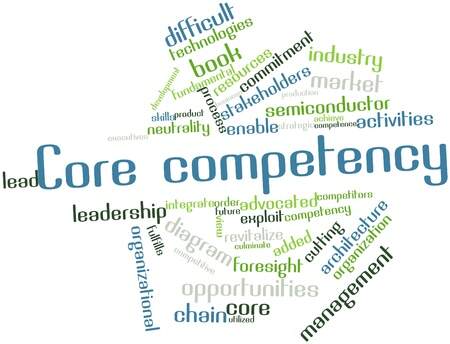8 Core Competencies for All Startups
Even when your startup is a one-person show, you will soon find that you are “out of control” unless you start organizing and writing down how and when key things need to get done. Like it or not, you are now entering the dreaded realm of “formal business processes.” The right question is, “What is the minimum that I need?”
The simple answer is that you must implement one process at a time, starting with those most critical to your business, until you feel relief that things are beginning to happen naturally and consistently, without the attendant stress and continual recovery mode. If you think that the process itself is a burden, you have likely gone too far.
Below are eight essential business tasks that apply to almost every startup. Consider the implications of each to your own business and the potential impact of doing them incorrectly or forgetting them entirely:
- Manage your financials and physical assets. I’m continually amazed at the number of entrepreneurs who run a new business for months without keeping a formal record of income, expenses, assets, and liabilities. Use a simple accounting tool like QuickBooks or one of the many QuickBooks alternatives to manage finances efficiently.
- Develop your business plan. Write down the key elements of your business plan very early, and keep it current as things evolve. This will include the first version of many critical processes that can be split out later, including market opportunity, requirements, product definition, business model, sales process, and organization.
- Product development process. Even if you are doing the work yourself, you must document requirements, features, metrics, and milestones. If you are contracting or outsourcing, this is even more important. Otherwise, you will find yourself a year later being no closer to a product than you were yesterday, with no idea why.
- Funding process. Unless you are bootstrapping everything, you must have a clear plan on what networking and documents are required to get to friends and family, angel investors, and institutional investors. Measure yourself against a researched plan, or your “out of cash” brick wall will loom before you know it.
- Manage human resources. At this stage, you should start recruiting, hiring, paying, and training others to help you run your business. In addition to effectiveness and consistency, you now have many legal and tax considerations to get right. Don’t try this without a formal process.
- Leverage information technology. Find an IT person you can trust, and plan how you will acquire, implement, and utilize computer technology to run your business. How do you access the Internet? What hardware do you need? What applications are required? What about databases and data backups? It all has to be written down and maintained.
- Billing and revenue collection. Whether you provide an online subscription service or sell products in a store, you must consistently and efficiently make sales and generate cash to survive. You will likely need to train others to help you, so develop detailed processes and procedures.
- Customer service and support. Here is another often overlooked process that can hobble startups in cost and time. Even if your business is entirely online, people want human contact, real expertise, and a quick response.
If you are a great startup, you won’t just copy the processes of your competitors. Innovation is the key to making your operations more effective than those of competitors.
Having no processes does not make you more competitive. In my experience, having no processes sounds more like a hobby than a business. Hobbies can be fun but usually cost money rather than make money. What is your business objective?

